Drupal Review (2019), A Must Read Before Using Drupal
Before we kick this Drupal review off let’s start with some quick info.
Did you know?
Drupal has a community of more than 1 Million members!”
Drupal like Word Press is an open-source CMS specifically written in PHP and shared under GNU General Public License. It is a free content management back-end framework that covers at least 2.2% of all websites on the internet. Currently, some high-profile blogs, corporate and government sites are running on Drupal!
Drupal Core is the standard release of Drupal that consists of common CMS features such as account registration and maintenance, page layout customization, taxonomy, RSS feeds, menu management and system administration. It is considered as one of the worlds most flexible and extendable open source CMS platform. With a single Drupal core installation, you can create a general website, blog, forum or a UGC generating community.
Learn how to buy a domain name from GoDaddy to put your CMS to work.
Learn what a CMS is with our free guide.
History of the Drupal CMS

It was created by Dries Buytaert. He wrote the code for an online message board. In 2001, it became an open-source project.
The name Drupal came from an old website named “Drop.org”, which is now obsolete. The code of this site slowly evolved into Drupal.
Drupal Trivia: “The founder of Drupal, Dries Buytaert wanted to name it as per the Dutch word for village, “dorp,” but he misspelled it and used “drop” which translated as “Druppel.”
Drupal got its first limelight in 2003, when it created “DeanSpace” for Howard Dean, one of the U.S. Democratic Party candidates. After election campaign, the members of the web team continued working on the framework and launched CivicSpace Labs in July of 2004. Soon other companies started to work on Drupal as well and by the year 2013, there was a significant boost in the companies offering Drupal services.
Drupal 8 rc1 was released on October 7, 2015. It included new features and improvements for both users and developers. The framework was created with contribution from over 3,200 core developers.
Drupal 8.0.0 was finally released on November 19, 2015. It was followed by an upgrade Drupal 8.1.0 which included further improvements and features.
There are more than 1,180,000 sites that use Drupal, as of January 2017. It is quite popular among elite corporations, non-profits, media and publishing companies, government, universities, and bloggers.
Here are 10 top sites that use Drupal:
Here are a few things that you need to know about Drupal before choosing it as your content-management software.
1.SEO
 Drupal was built specifically to be search engine friendly but it’s not. The CMS creates nodes for each piece of content which in turn creates duplicate content and a ton of useless pages. In addition the installation of modules can be a headache for a non-technical person.
Drupal was built specifically to be search engine friendly but it’s not. The CMS creates nodes for each piece of content which in turn creates duplicate content and a ton of useless pages. In addition the installation of modules can be a headache for a non-technical person.
2.User Friendly
 Drupal offers intricate API for developers but the basic installation and managing of the framework is quite user friendly and doesn’t require programming skills. While Drupal 6 and Drupal 7 were a bit confusing for new administrators, Drupal 8 is a lot more user friendly. It is still a platform that is mostly preferred by developers and non-technical person will have to go through a learning curve in order to get the hang of it.
Drupal offers intricate API for developers but the basic installation and managing of the framework is quite user friendly and doesn’t require programming skills. While Drupal 6 and Drupal 7 were a bit confusing for new administrators, Drupal 8 is a lot more user friendly. It is still a platform that is mostly preferred by developers and non-technical person will have to go through a learning curve in order to get the hang of it.
3.Cost

Drupal is FREE open-source content management software. If you decide to use Drupal it will cost your SEO team enormous pain. So the real question you have to ask yourself is. Is it really free?
4.Security
 Since, it is an open-source platform; it is open to security vulnerabilities. In 2014, Drupal faced a critical SQL injection bug, which was called Drupalgeddon. They provided a fix with Drupal 7.32 release. But it did not remove any back door installed by hackers if the site was already compromised. A security patch was offered to help sites restore to an older backup and resolve the security vulnerability. Drupal is still considered as one of the most secured software, it is well trusted in government and political sectors as well.
Since, it is an open-source platform; it is open to security vulnerabilities. In 2014, Drupal faced a critical SQL injection bug, which was called Drupalgeddon. They provided a fix with Drupal 7.32 release. But it did not remove any back door installed by hackers if the site was already compromised. A security patch was offered to help sites restore to an older backup and resolve the security vulnerability. Drupal is still considered as one of the most secured software, it is well trusted in government and political sectors as well.
5.Up to Date

Drupal keeps updating itself to maintain the security of its software. From time to time it releases security patches to ensure that their core framework is protected from any security vulnerabilities. They usually notify the nature of vulnerability to people after they release a fix.
Overall Drupal Review and Recommendation
Drupal is a free open-source CMS which is flexible and trusted by some high-end corporations and government. It definitely has a learning curve and might be handful for non-technical people who are just looking to create a blog or small website with just one click. Some of them might find installing separate modules for just one utility quite annoying. It also isn’t ideal for SEO, so to be honest it’s better if you use something like Word Press.



